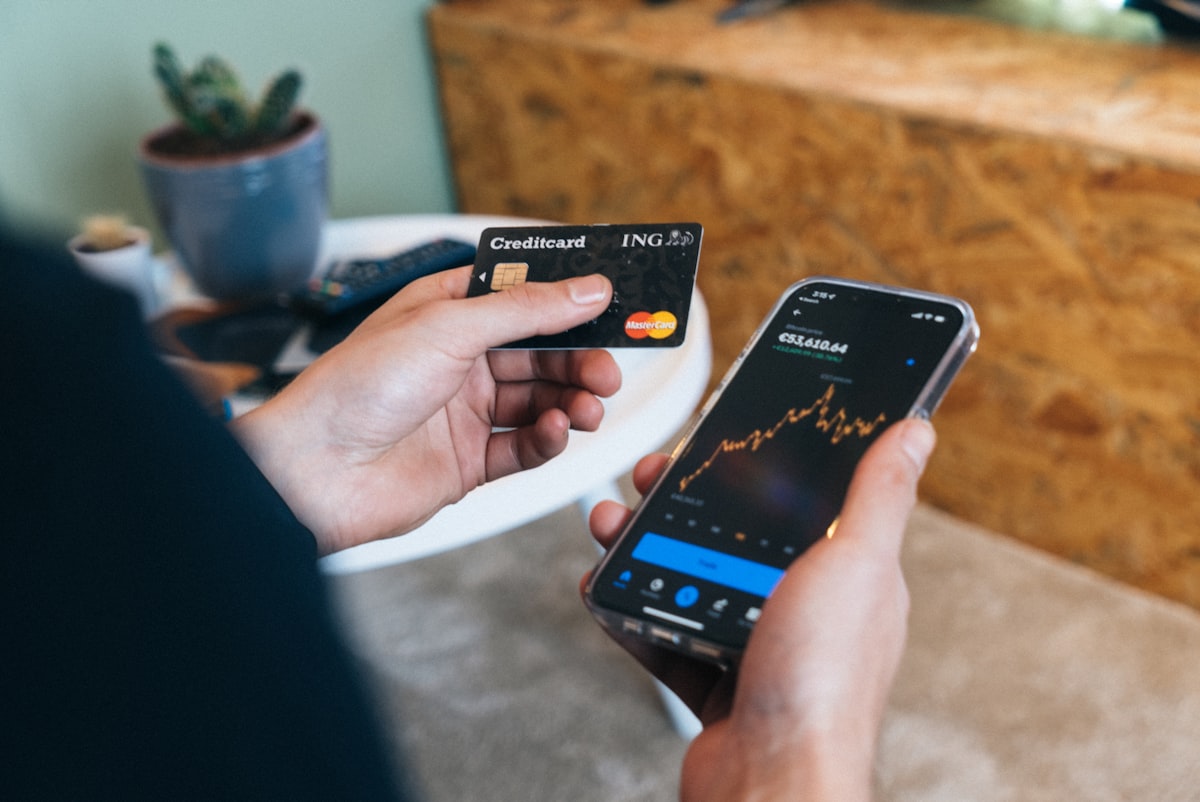Mastercard Explores Collaborations with Self-Custody Wallet Firms in Web3 Integration.
Payments Giant Sets Sights on Web3 Growth Through Partnerships with MetaMask and Ledger

In a strategic move that reflects the ever-expanding influence of Web3 technologies and the world of cryptocurrencies, Mastercard, the global payments, is actively exploring collaborations with self-custody wallet providers like MetaMask and Ledger. This initiative aims to seamlessly integrate cryptocurrency spending capabilities into Mastercard's offering.
According to a report by CoinDesk it revealed that Mastercard's vision of how partnerships with wallet providers could drive increased user engagement, foster loyalty, and unlock additional revenue streams. It also extends cardholders the opportunity to spend their cryptocurrency balances in a frictionless manner.
Fast facts
- Mastercard is actively exploring collaborations with self-custody wallet firms, such as MetaMask and Ledger, to integrate cryptocurrency spending capabilities into their cards.
- The company sees partnerships with wallet providers as a way to boost active user numbers, build loyalty, and generate additional revenue streams.
- Mastercard is also evaluating models for global issuance that involve stablecoin on-chain settlement and efficient, fast blockchain networks.
- Mastercard's acquisition of CipherTrace in 2021 equips the company with blockchain analytics capabilities for monitoring services in the cryptocurrency space.
- This move by Mastercard reflects its commitment to exploring opportunities in the blockchain and Web3 space to facilitate cryptocurrency adoption and streamline transactions for consumers.
- Major credit card networks like Mastercard and Visa are venturing into the cryptocurrency space, despite market challenges and regulatory uncertainties, to keep pace with the evolving financial landscape.
The underlying motivation for these collaborations is clear: self-custody wallet providers can significantly expand their active user base by providing a Mastercard option. This partnership promises to benefit both parties, as wallet firms boost their offering with the global reach and trusted infrastructure of Mastercard, while the payments giant can tap into the booming world of cryptocurrencies.
However, self-custody wallet providers often face substantial resource demands when expanding their card services into new regions. Here is where Mastercard and its issuance partners can provide crucial support. By joining forces, they can mitigate the challenges associated with geographical expansion, making it more accessible for self-custody wallet firms.
The 57-year-old payment technology firm doesn't stop at just card partnerships; it is actively assessing new issuance models that involve stablecoin-based on-chain settlements and fast, cost-effective blockchain networks. This forward-thinking approach highlights Mastercard's dedication to embracing the opportunities presented by the evolving Web3 landscape.
A Mastercard spokesperson emphasized the company's commitment to transparency and innovation in the digital asset space. The company has already made strides in this direction with the introduction of the Mastercard Multi-Token Network, Crypto Credential, CBDC Partner Program, and new card programs that bridge the worlds of Web2 and Web3.
Amidst challenging market conditions and regulatory uncertainties, major credit card networks like Mastercard are pushing ahead with cryptocurrency integration. Earlier this year, Mastercard underscored its focus on bringing new crypto card programs to the market through its Engage program. On the other hand, Visa has also been actively exploring cryptocurrency applications, working with stablecoins like USDC and blockchain networks like Solana to streamline cross-border payments and address challenges such as high Ethereum gas fees.
Furthermore, Mastercard is committed to ensuring consumer protection and competitive pricing in its cryptocurrency ventures. The company is preparing to release a set of franchise standards and rules for partner firms, setting the stage for robust transaction monitoring and comprehensive security.
This extensive plan encompasses the blockchain analytics space, thanks to Mastercard's acquisition of CipherTrace in 2021. CipherTrace's expertise in blockchain analytics equips Mastercard with the capability to provide monitoring services to ensure the integrity and security of its cryptocurrency initiatives.
The path forward, as outlined in Mastercard's presentation deck, involves validating the proposed standards before moving on to the issuance of cryptocurrency cards. The European Union and the United Kingdom are cited as the initial target markets for these innovative financial products.
This strategic development represents Mastercard's unwavering commitment to exploring the potential of blockchain technologies and Web3 to enhance financial services and offer more streamlined, secure, and innovative transactions for consumers.
As Web3 continues to redefine the digital landscape, Mastercard's foray into these pioneering partnerships illustrates its eagerness to remain at the forefront of the evolving financial world.
Merklepal will continue to monitor and report on this fascinating intersection of the traditional and Web3 financial worlds as the story unfolds.




